The latest news highlights, from a tiny Shakespeare notebook to the fossilised brain of a 319-million-year-old fish.
-
What does home mean to you?
Visitors to The Exchange, the University's home in Birmingham city centre, can now visit the exhibition A Place to Call Home, exploring what home means to all of us.
The exhibition shares the University's latest research to visitors, who will see homelessness, adult social care and displacement through the eyes of people who have lived the experience. Research participants viewed home as more than a physical place and capable of summoning up strong emotions.
The short video asks the question: What does home mean to you?
Find out more about the exhibition, which is open until 28 October 2023.
-

Postgraduate scholars investigate the potential of artificial intelligence
More talented students will have the opportunity to take the next step towards a career in computer science thanks to fresh funding from leading British artificial intelligence company DeepMind.
The company is providing scholarships for six postgraduates to study for an MSc in Artificial Intelligence and Machine Learning at Birmingham, available to applicants who identify as female or Black African, Black Caribbean or other Black ethnicity for the start of the 2023-24 academic year.
DeepMind's commitment to increasing accessibility for under-represented groups in computer science will also see the company fund a three-year Fellowship position at the University, also starting in September 2023.
Current scholar Lauren Levy says: 'I am grateful that the scholarship has given me the freedom to focus on my studies, as well as opportunities that I may not have had otherwise, such as attending global conferences.'
-
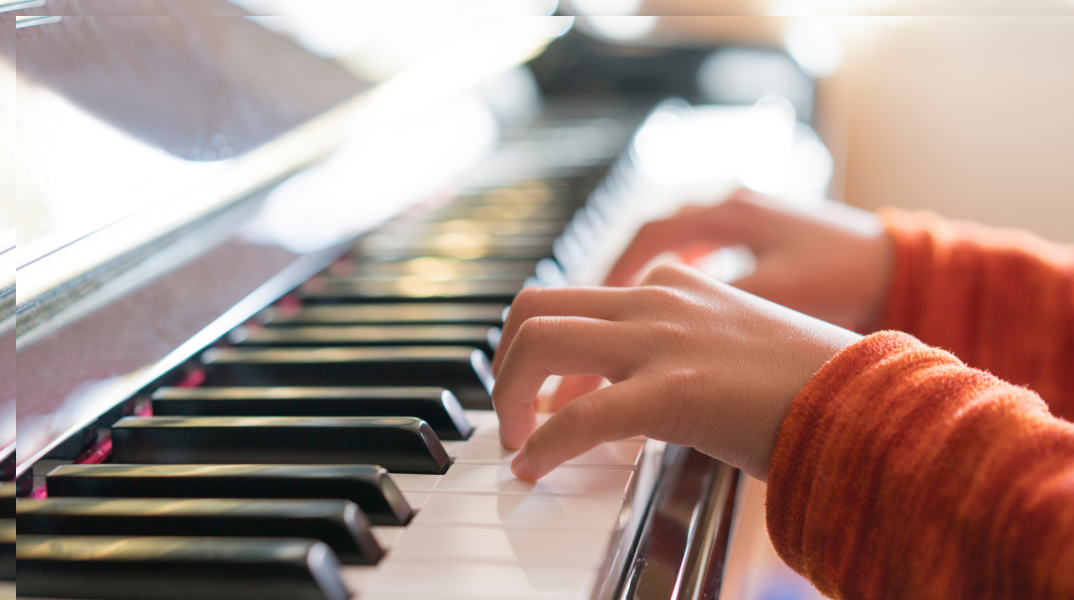
Unravelling the brain’s programming for complex movements
New research from the University has discovered how the human brain prepares the body for skilled movements that could have major positive impacts upon motor rehabilitation for stroke victims.
Actions like playing the piano, dancing or competing in athletics – all requiring different steps to be executed in sequence – are separated by the brain before being zipped and transferred into specific movement commands ("muscle memory") as the individual begins the movement.
The findings help better understand how skilled actions are stored and controlled in the brain for everyday skills such as typing, tying shoelaces and playing a musical instrument, and in turn could aid stroke victims with their physical rehabilitation.
-
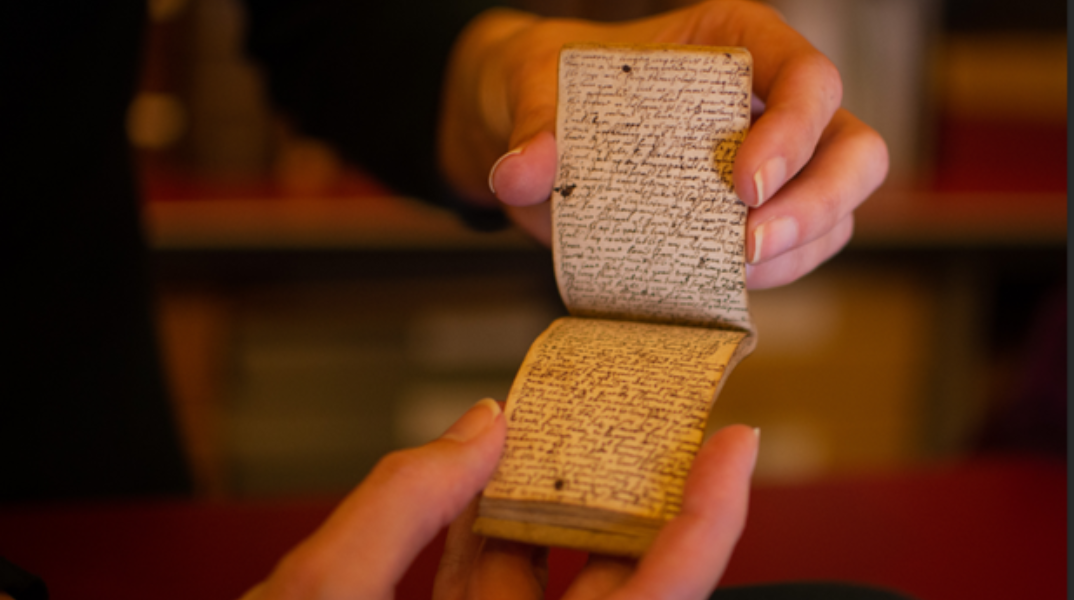
Is this a tiny book which I see before me?
A 17th-century notebook filled with quotes from William Shakespeare’s plays and so small it can fit in the palm of a hand is currently on public display for the first time in his hometown of Stratford-upon-Avon.
First discovered on the BBC's Antiques Roadshow, the 48-page manuscript contains 12,500 words, including hundreds of quotations from the 36 plays contained in the first folio. While the writing is so small it is difficult to read, Professor Tiffany Stern, FBA, Professor of Shakespeare and Early Modern Drama at the University’s Shakespeare Institute, has transcribed the entire book and dated the handwriting to between the 1630s and 1650s.
The exhibition A Great Variety of Readers – 400 Years of Shakespeare’s First Folio is being run by The Shakespeare Birthplace Trust until 5 Novmber 2023, as part of a year of celebrations to mark the 400th anniversary of the first folio’s publication.
Picture supplied by The Shakespeare Birthplace Trust
-
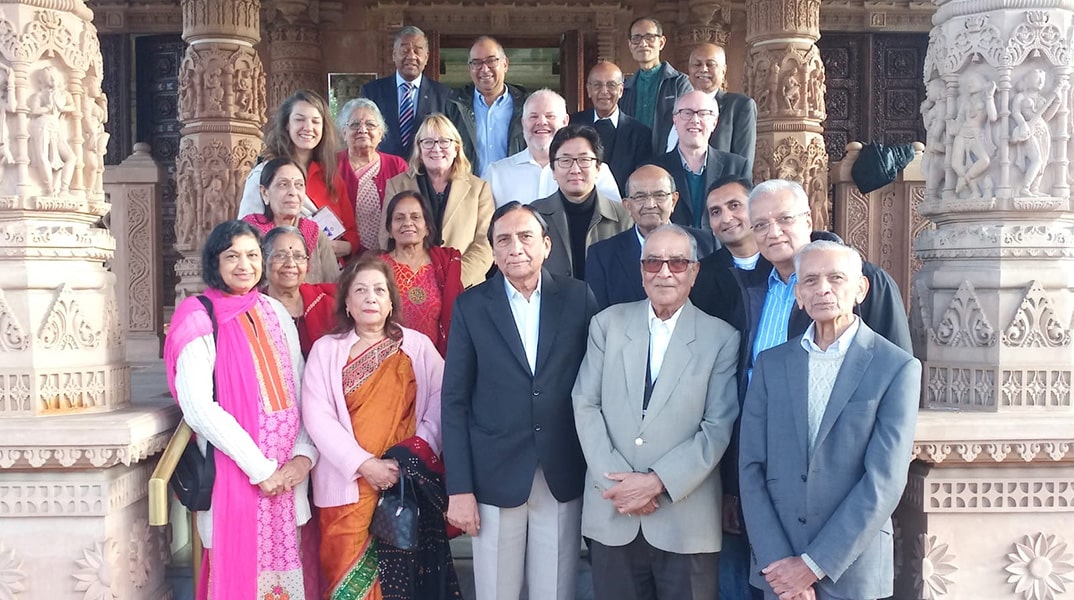
New programme set to launch at Birmingham
A new programme developing teaching and research in Jainism is set to begin in September 2023 at the University thanks to a generous gift from a group of philanthropists. The Bhagavan Dharmanath Programme in Jain Studies will examine contemporary issues including environmental protection, human rights and interfaith dialogue.
Jainism is an ancient religion originating from India, emphasising non-violence, self-control, compassion and non-possessiveness. The Jain principle of non-violence or "ahimsa" profoundly influenced India's vegetarianism, movements of passive resistance and, more recently, environmental engagement.
The local Jain community has been part of the Birmingham Council of Faiths since it was founded in 1974 (as the Birmingham Inter Faiths Council).
-
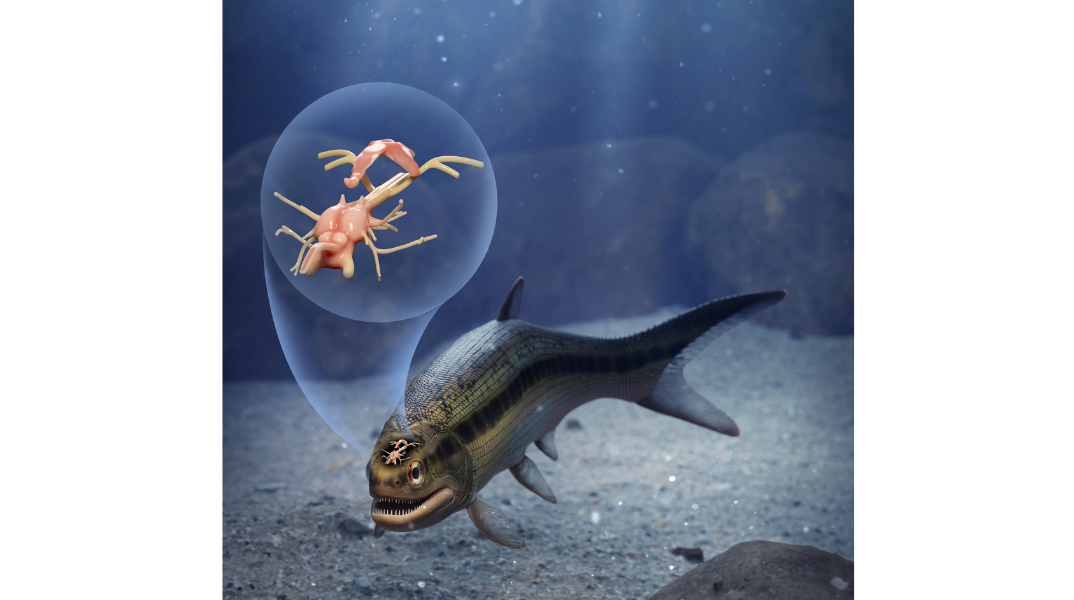
Something fishy about this fossil
Birmingham researchers believe new analysis of a fossilised fish could reveal fresh insight into the evolution of the brains of a group of fishes alive today.
The 319-million-year-old fossil of Coccocephalus wildi, an early ray-finned fish, was pulled from a coal mine in England more than a century ago. CT-scanning, where X-rays are used to reveal internal features, showed the skull of the creature contains a brain and cranial nerves that are roughly an inch long.
Dr Sam Giles, a vertebrate palaeontologist and Royal Society Dorothy Hodgkin Research Fellow at the University, says: 'This unexpected find of a three-dimensionally preserved vertebrate brain gives us a startling insight into the neural anatomy of ray-finned fish and allows us to better define how and when present day bony fishes (i.e. of more than one species) evolved.'
Image supplied by Márcio L. Castro
-
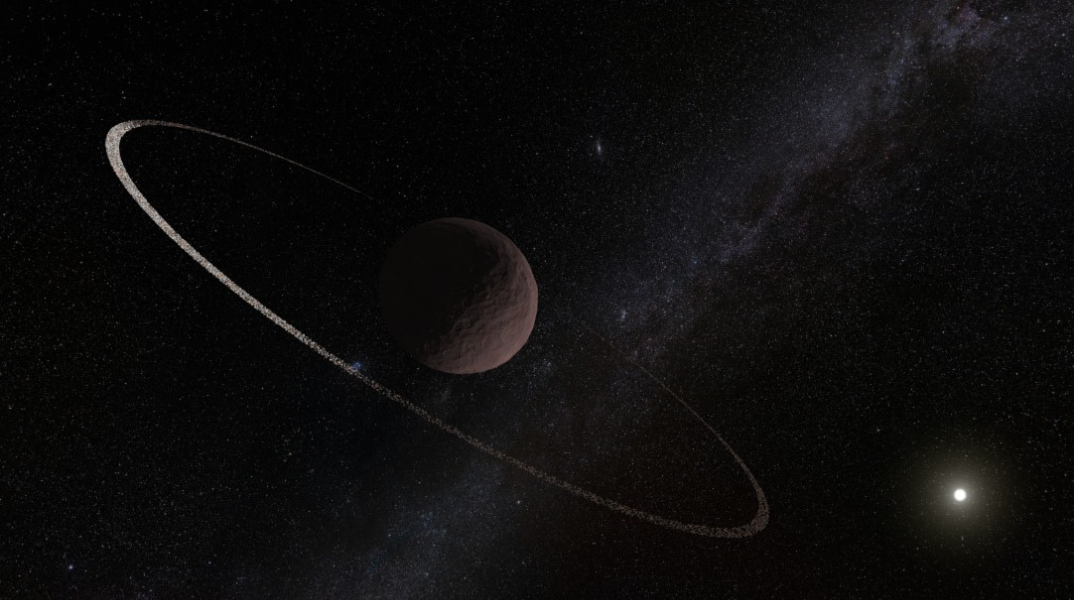
Rethinking astronomical theory
A team of scientists featuring Birmingham academics have discovered a new ring system around a dwarf planet on the edge of the solar system that confounds current ideas on how they are formed.
The dwarf planet Quaoar is half the size of Pluto and orbits the Sun beyond Neptune. Its ring system orbits much further out than has been previously observed around other planets, which may lead to new theories on their formation.
Ring systems had previously been found in the solar system around Saturn, Jupiter, Uranus and Neptune, as well as two other minor planets, Chariklo and Haumea.
Image supplied by credit Instituto de Astroffisica de Andalucia
-
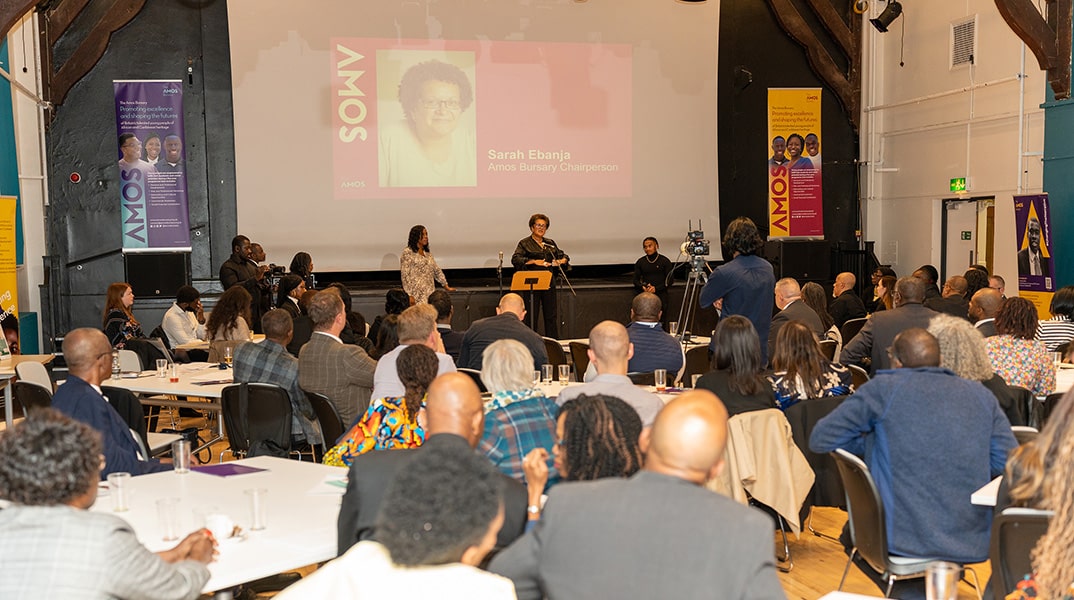
The Amos Bursary launched for talented young people of African and Caribbean descent
A new bursary is now available at the University to support young people of African and Caribbean heritage and provide the opportunity to excel in education and beyond through mentoring, courses and other support.
The Amos Bursary was founded in 2009 by University alumna Baroness Valerie Amos LG CH PC (MA Cultural Studies, 1977) and her sister Colleen Amos OBE, with the aim of increasing and strengthening the pipeline of Britain’s talented young people of African and Caribbean heritage to create a more diverse workforce.
A partnership between the University and The Amos Bursary was launched in October 2022 – the first time that The Amos Bursary has worked with a university outside London.